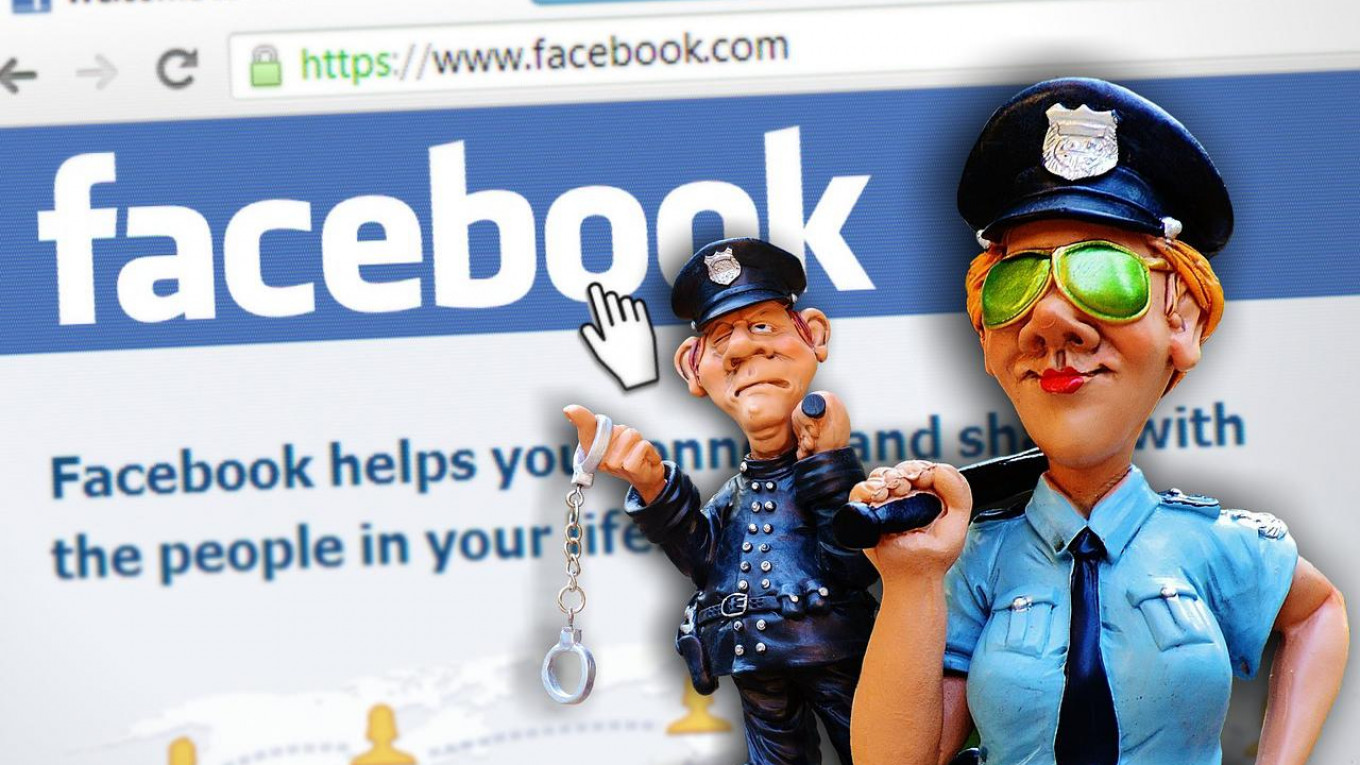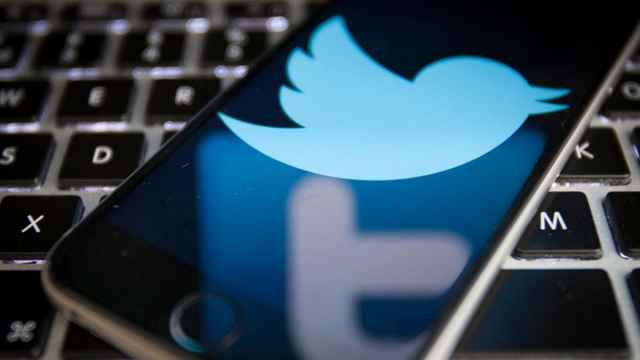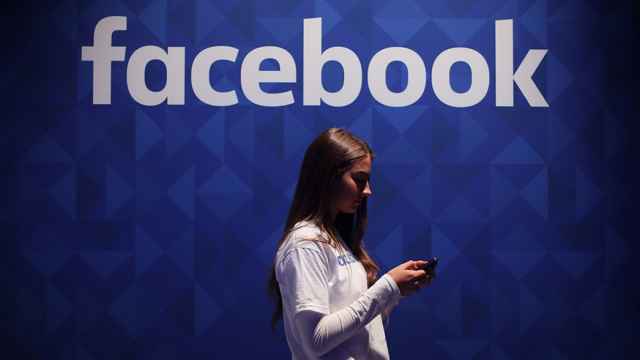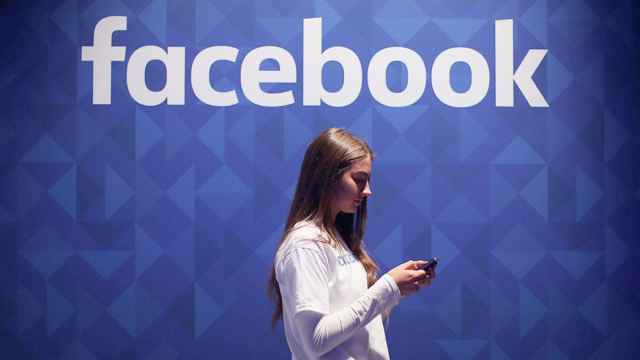Facebook has blocked 470 fake accounts it claims are linked to Russia’s infamous “troll factory” that may have bought thousands of ads during the U.S. presidential campaign.
“We have since shut down the accounts and pages we identified that were still active,” Facebook’s chief security officer Alex Stamos wrote in a blog post Wednesday.
The social media network’s analysis indicates that the 470 fake Facebook accounts were linked to each other “and likely operated out of Russia.” About 3,000 ads were purchased for $100,000 and around one-quarter of the ads employed geographical targeting when they ran from June 2015 to May 2017. The majority of the 3,000 ads referenced “divisive social and political messages” rather than directly mentioning U.S. election topics.
Facebook reports to have also uncovered 2,200 potentially politically related ads that might have originated in Russia but are “not associated with any known organized effort.” The ads, which cost a total of $50,000, were, for example, bought by accounts with U.S. IP addresses, “but with the language set to Russian.”
Unnamed Facebook representatives told U.S. lawmakers in a congressional hearing Wednesday that the ads were sold to a “troll factory” that employs users to peddle pro-Kremlin propaganda online. Facebook analysis had traced the ad sales to the notorious St. Petersburg-based “troll farm,” The Washington Post reported Wednesday.
The troll factory, known as the Internet Research Agency or Teka and reportedly funded by oligarch restaurateur Yevgeny Prigozhin, gained notoriety in mid-2015. An extensive investigation revealed earlier this year that it has rebranded itself as a Federal News Agency (FAN) website with offices close to its original address.
Facebook has been accused of allowing the proliferation of fake news and geo-targeted disinformation during the U.S. presidential campaign.
While CEO Mark Zuckerberg initially denied the likelihood that fake news or hoaxes swayed the Nov. 8 election result, the company later stated in its campaign to secure “authentic communication” that the platform has been misused to “spread misinformation or to manipulate discussions.”
A Message from The Moscow Times:
Dear readers,
We are facing unprecedented challenges. Russia's Prosecutor General's Office has designated The Moscow Times as an "undesirable" organization, criminalizing our work and putting our staff at risk of prosecution. This follows our earlier unjust labeling as a "foreign agent."
These actions are direct attempts to silence independent journalism in Russia. The authorities claim our work "discredits the decisions of the Russian leadership." We see things differently: we strive to provide accurate, unbiased reporting on Russia.
We, the journalists of The Moscow Times, refuse to be silenced. But to continue our work, we need your help.
Your support, no matter how small, makes a world of difference. If you can, please support us monthly starting from just $2. It's quick to set up, and every contribution makes a significant impact.
By supporting The Moscow Times, you're defending open, independent journalism in the face of repression. Thank you for standing with us.
Remind me later.






